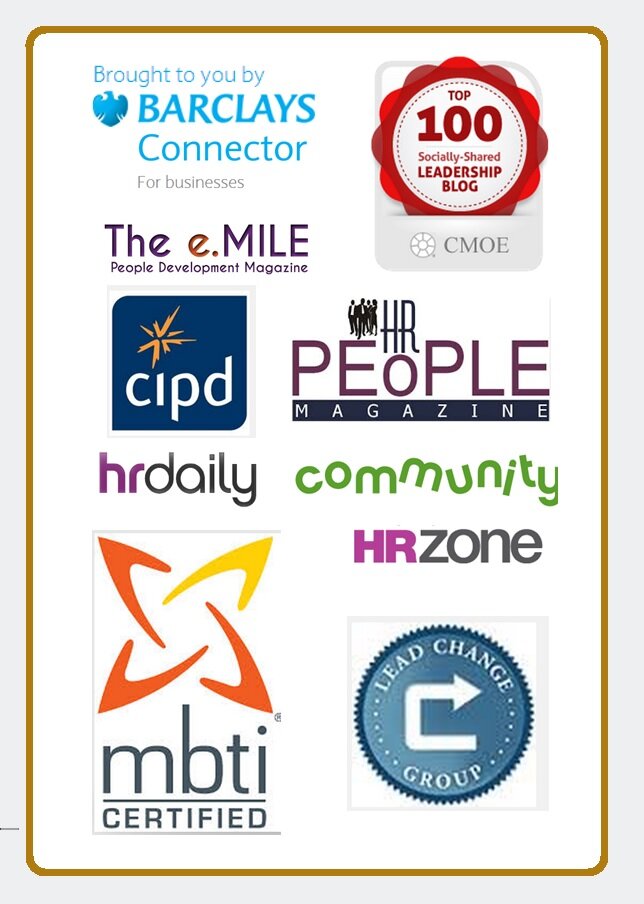 Everyone has this power, some of us just don’t realise it.
Everyone has this power, some of us just don’t realise it.
When I first began leading and managing teams, I would be irritated by negative and “play it safe” people. My desire to get on and create great outcomes meant anyone or anything which appeared to block the team power or create resistance was simply just a nuisance. That was just one of the many immature attitudes I began my leadership career with.
Many years of experience later, I realised my irritation was more to do with the fact I wasn’t actually looking in the mirror at my own resistance and negativity and loss of power. I’ve always seen the world as a giant classroom and what I didn’t learn via Leadership Development, I learned through reflecting on my experiences.
One of the biggest AHA moments in my life and a huge turning point for me was discovering the power of the mind. Quantum science has been showing us for some time that “by the very act of watching, the observer affects the observed reality”. This startling discovery profoundly changes the world that we live in, and I am not sure yet we have fully grasped the concept. Research such as Emoto’s Water Experiment which shows how water structure changed when exposed to different thought patterns is amazing. In essence what these factors meant for me and certainly what I have experienced is this.
- What I believed about my team was crucial to their success and secondly
- My team always lived up to my expectations.
- Quite often I projected the traits I did not like in myself onto my team and instead of dealing with the unwanted trait myself, I blamed others for it.
This is not a flight of fancy. When the penny dropped and I believed my team could be dynamic, enthusiastic and creative, I focused on those aspects and not only did I encourage those behaviours, when I saw contrary behaviours; instead of getting hung up about them, I practically helped my team find solutions and develop ways to get different outcomes.
Instead of projecting negativity on them, I started to project positive and affirming traits. The fact is our minds are creatively powerful. Imagination is the creative force of the universe. Anything which has been created was first envisaged and imagined. When we experience outcomes we don’t want then we have mis-created, because we have focused on what we don’t want instead of what we do; it is as simple as that. Mother Therese fully understood this phenomenon when she said, “I will never attend an anti-war rally; if you have a peace rally, invite me”.
Instead of anti-war; focus on peace. Instead of diversity; focus on inclusion. The unconscious mind doesn’t understand filler words, so if you say: I don’t want to go bankrupt, guess what you have set in motion? If you say, I am becoming successful and my business is abundant, and believe it, then that is what you will set in motion. This simple fact is hard to believe because much of our mindfulness is unconscious and it is our unconscious beliefs and tapes which are often creating our world. Our job is to become aware of our unconscious faulty beliefs and change them with life-affirming and sustaining beliefs.
Every single one of us is creating, we just aren’t aware of it, or we have disconnected from our awareness of it, and so quite often we mis-create. Much of leadership is about facilitating different mind-sets in order to consciously create rather than unconsciously mis-create. The mind is our creative force, and how we use it is extremely important. Most commonly because we don’t realise or understand the creative power of the mind, we are constantly in Groundhog Day. Our script is set, our beliefs are set in stone, our thinking patterns are habitual, we doubt our actions and our days and lives will trundle along.
Many of you will be familiar with the famous quote from Marianne Williamson “Our deepest fear is not that we are inadequate. Our deepest fear is that we are powerful beyond measure. It is our light, not our darkness that most frightens us” The truth is whenever we are judging or blaming or denying responsibility we are in fact running from the astonishing power of our creative mind.
This great article is from the our 6 months themed series based on the Centre for Creative Leaderships Report of 2013, in which they identified the 6 top challenges for leaders across the globe: Don't Miss Out! Sign up here to be notified of subsequent issues and posts

If you are a leader, you are continually developing and "Sharpening the Saw". If you lead and manage teams, then you must read about our Inspirational New Leadership Programme. Sign up now to find out more details when we launch in July 2014. There is no obligation to undertake the programme, if you sign up today, you will simply be sent more information about the programme. You can unsubscribe at any time! Click below to register for further information.

 Finding balance while pursuing excellence
Finding balance while pursuing excellence Authentic Leadership skills include learning from relationships.
Authentic Leadership skills include learning from relationships.



 I’ve wanted to write an article on perception for a long time, and for a while, until today, the words haven’t come.
I’ve wanted to write an article on perception for a long time, and for a while, until today, the words haven’t come.
